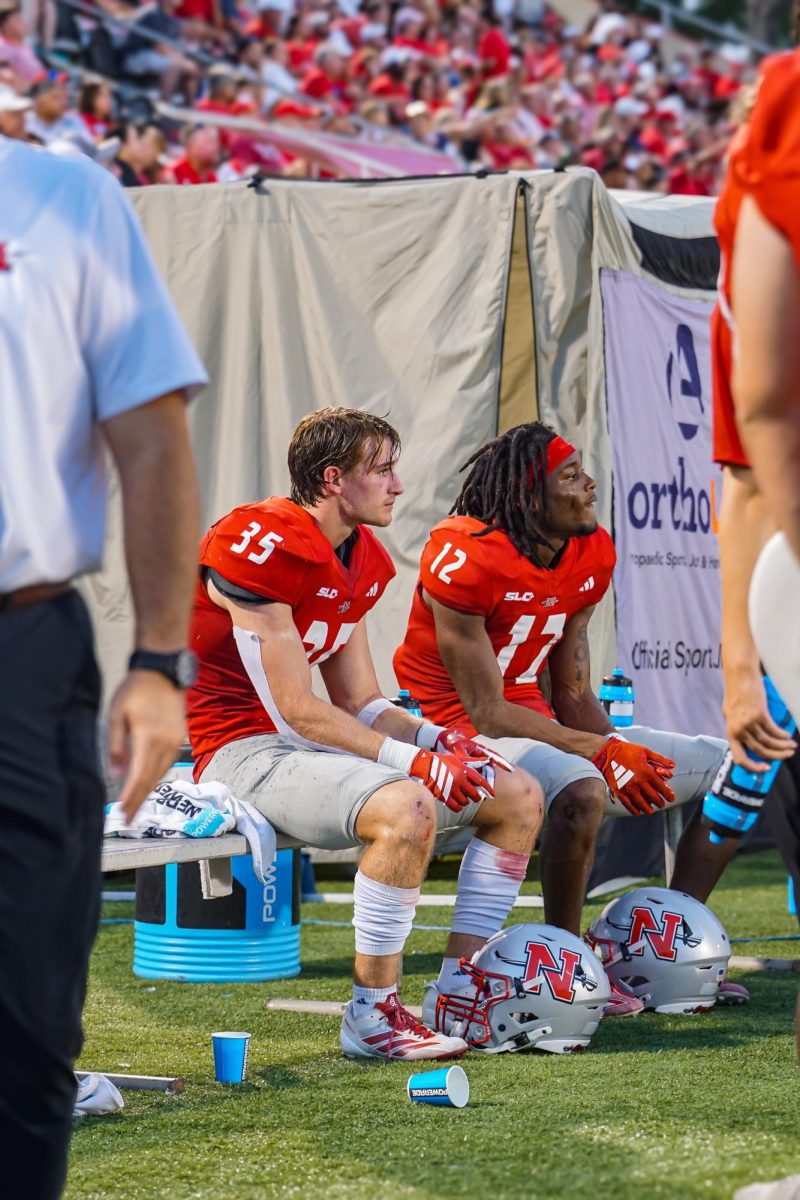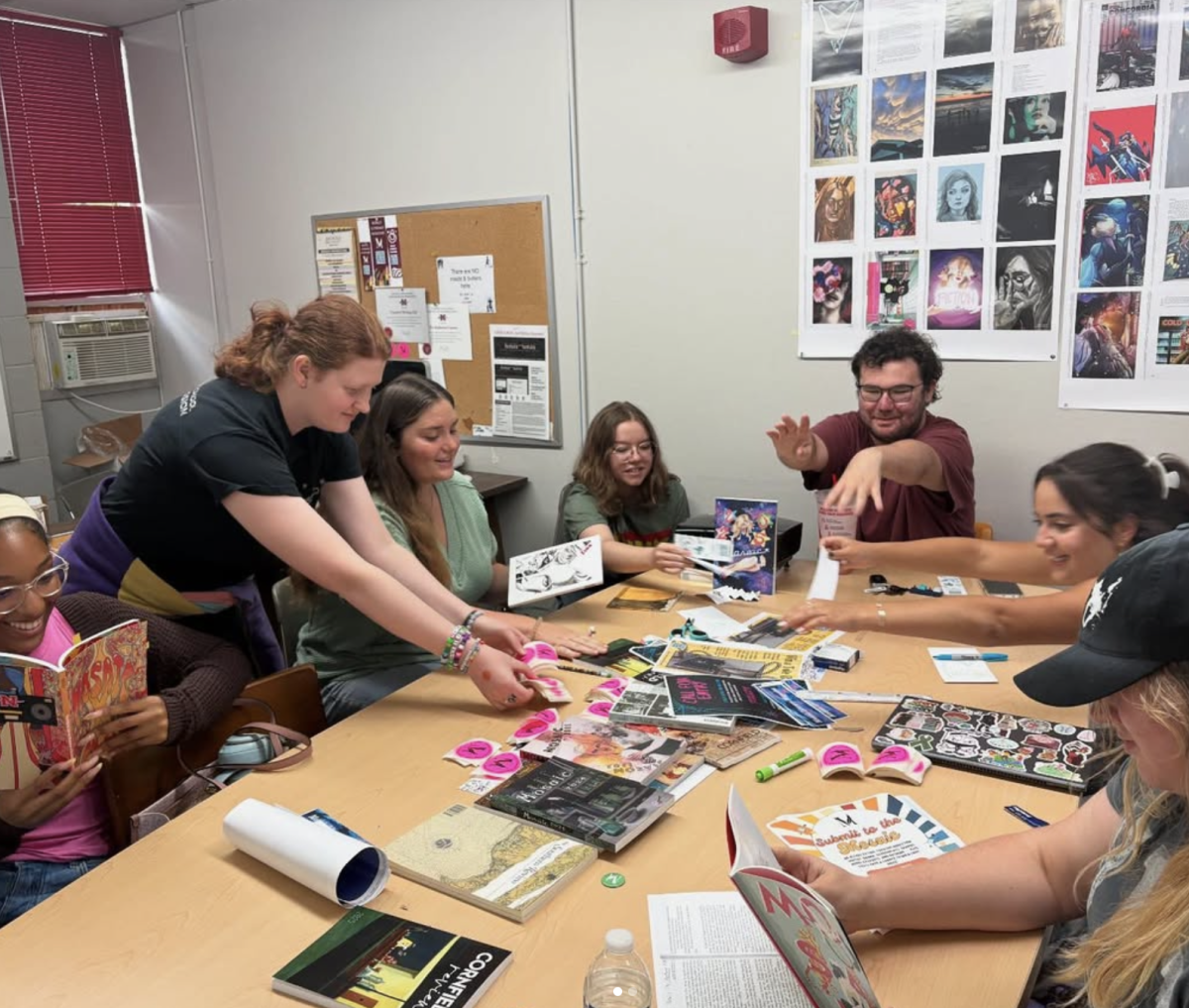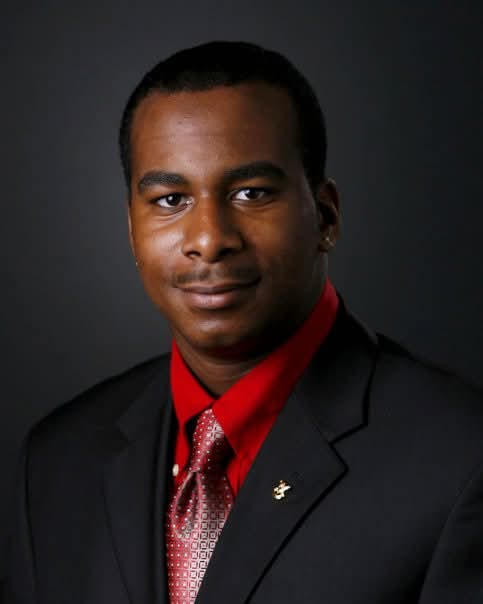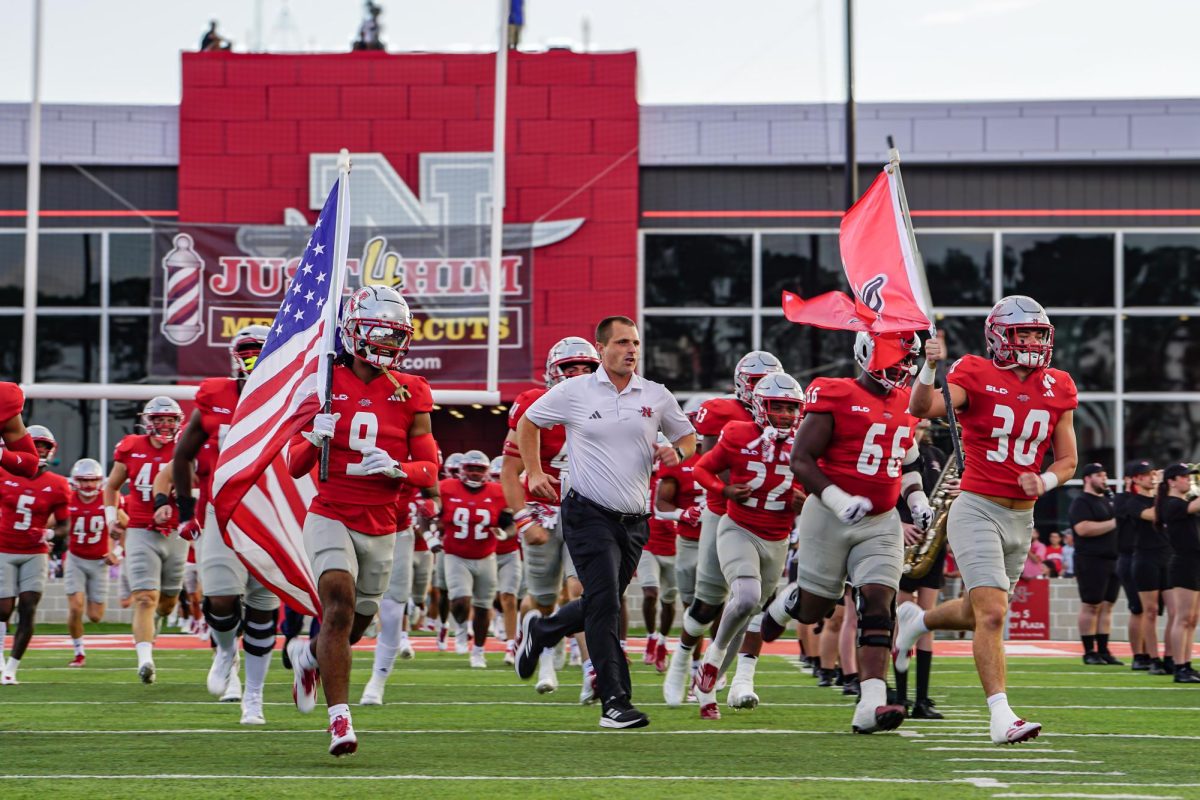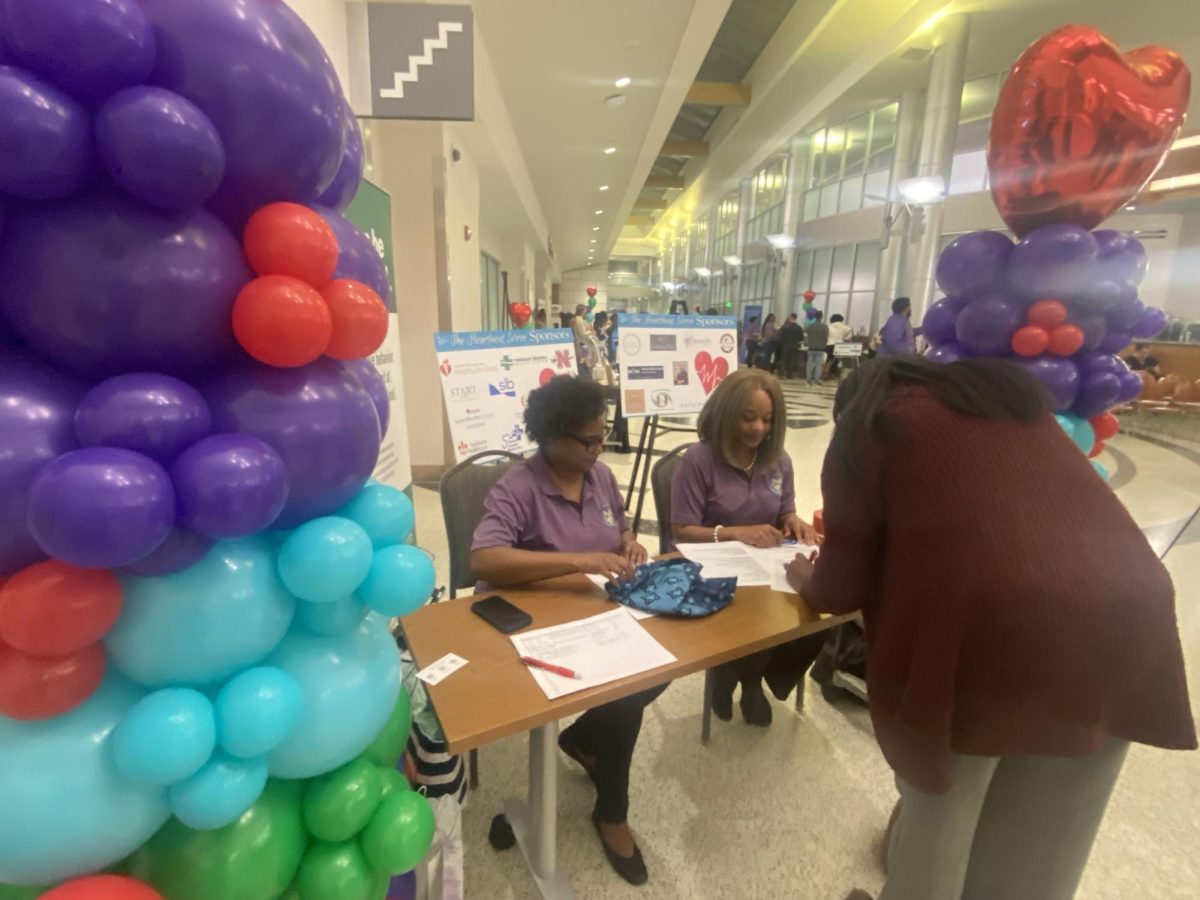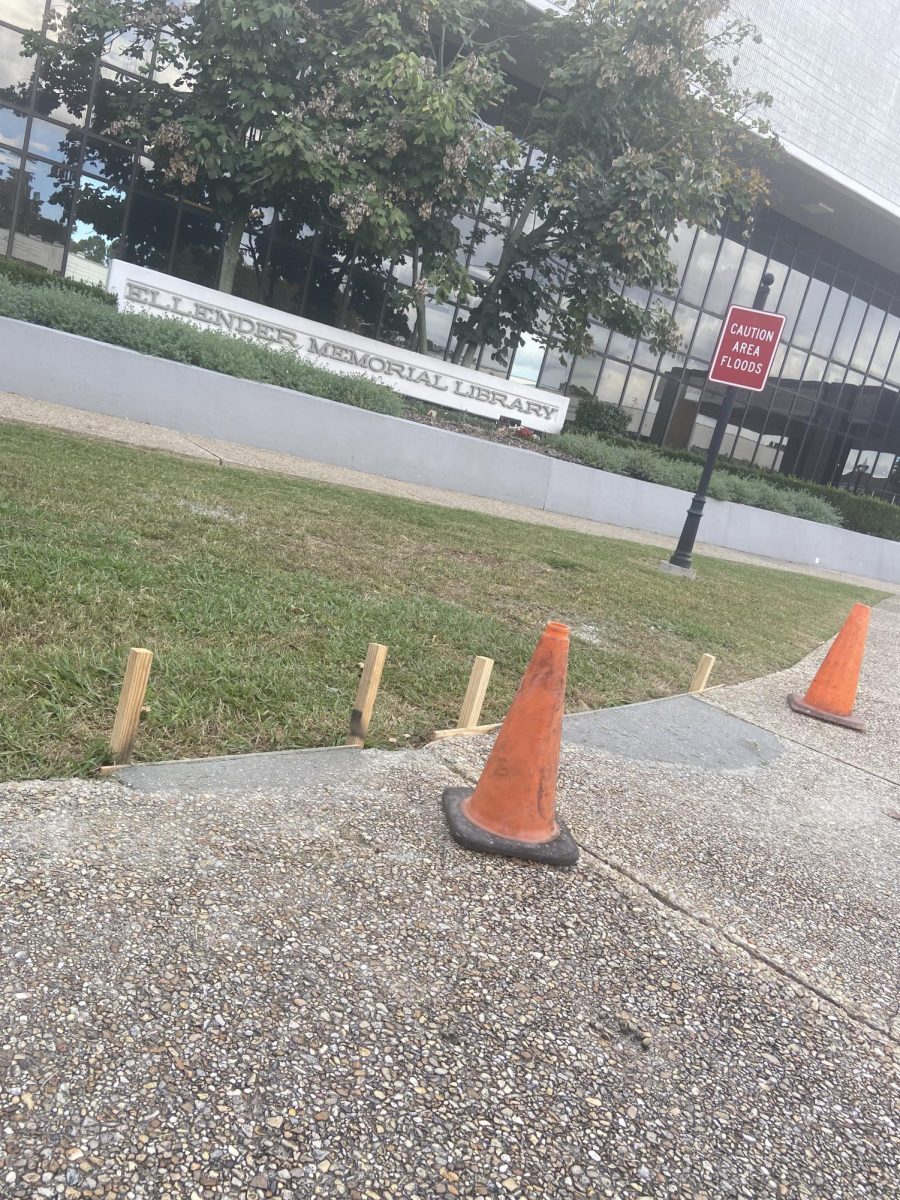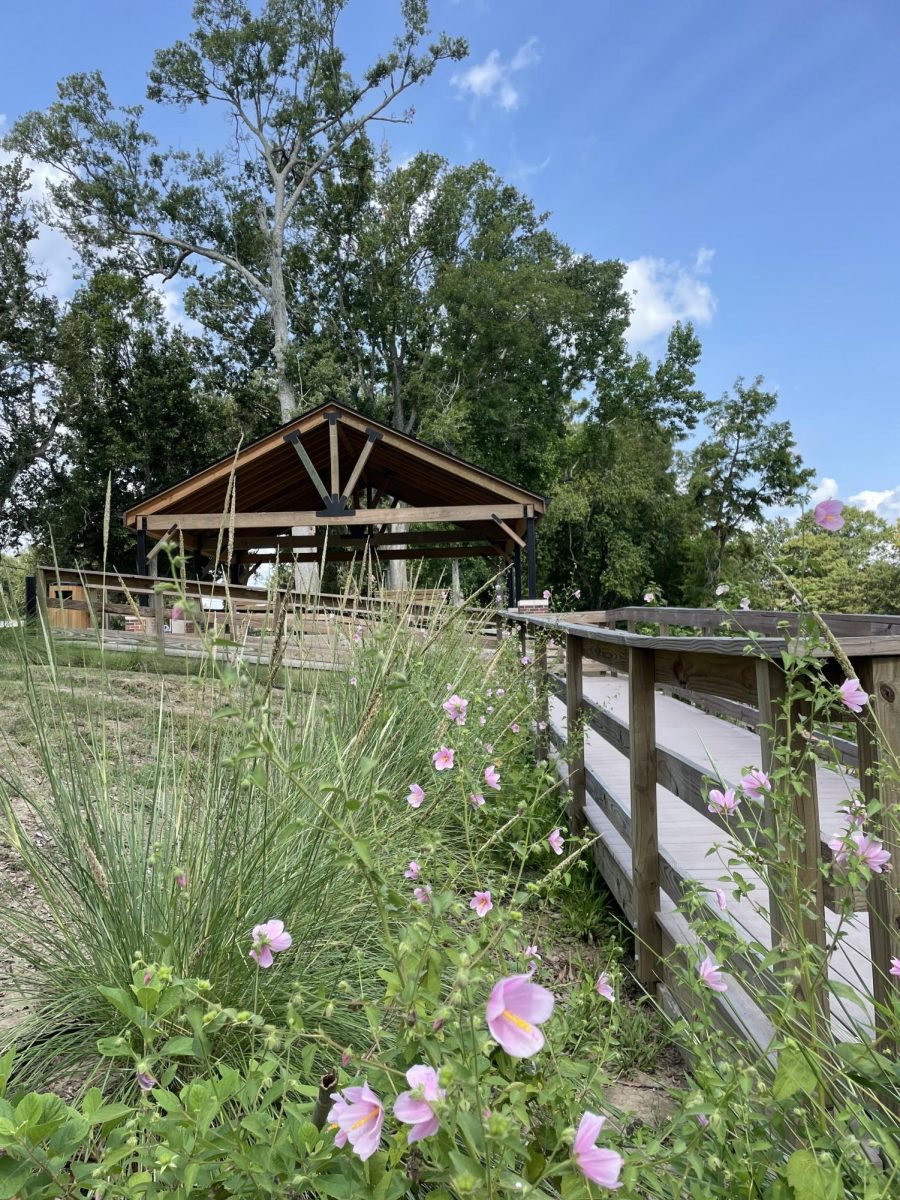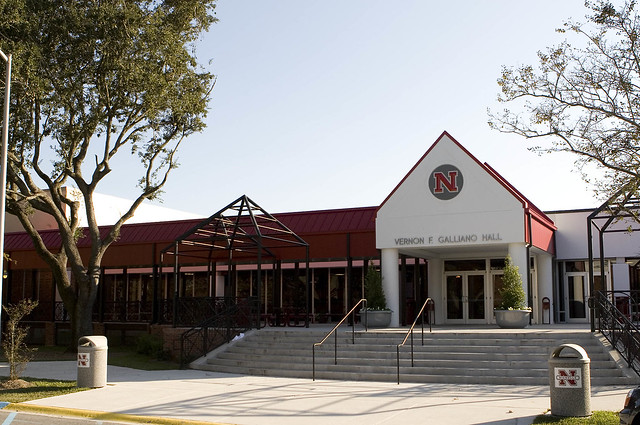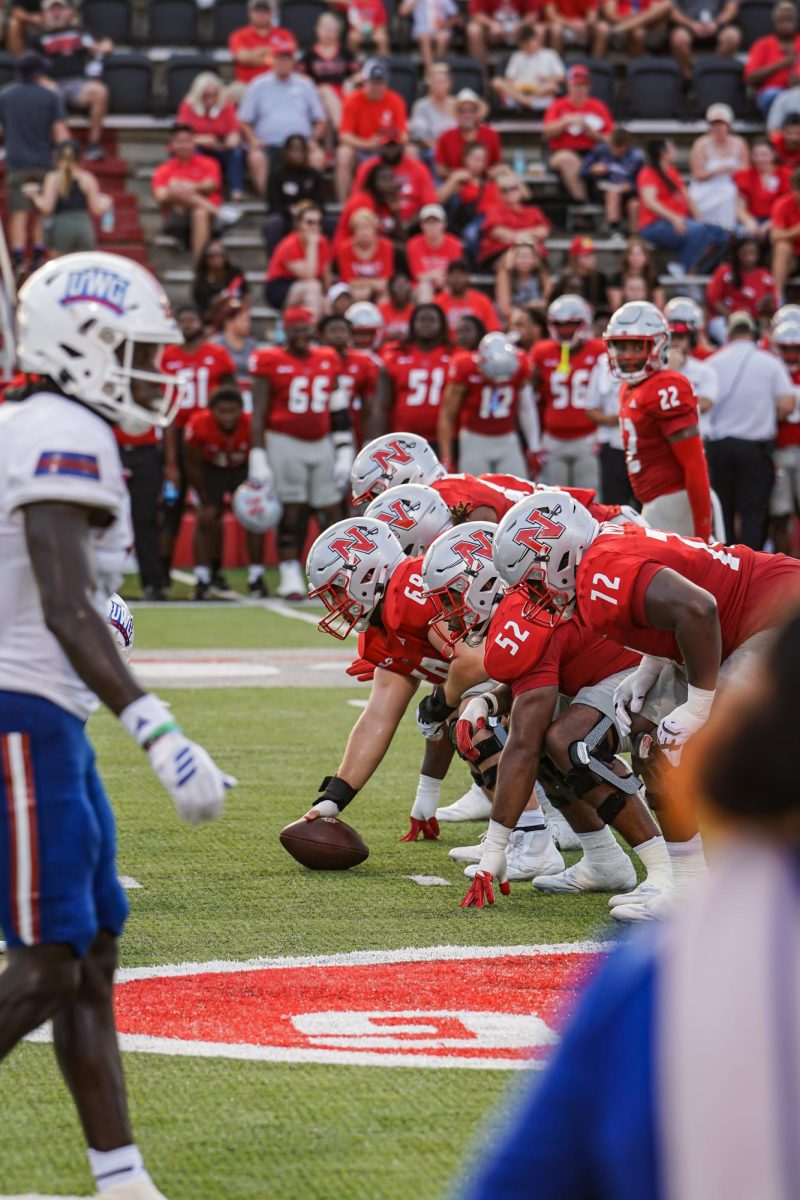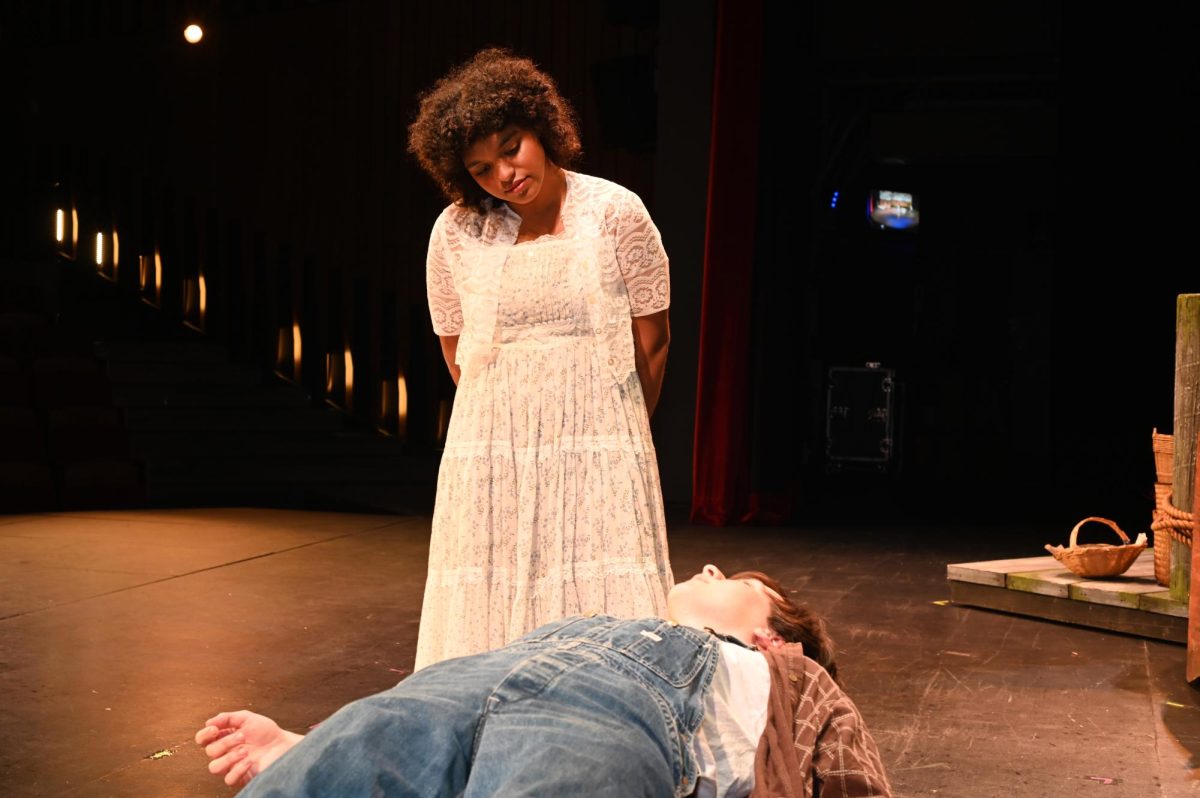Two on-campus groups at Nicholls State University are set to initiate change in compliance with the “Dear Colleague” letter invoking the dissolving of DEI sent by the U.S. Department of Education (ED).
Nicholls State University’s administration received a letter on Feb. 14 instructing them to dissolve all state-funded diversity, equity and inclusion-related roles and groups. If ignored, ED clarified in the letter the school would receive monetary consequences in the form of funding cuts.
The “Dear Colleague” letter specifically addressed matters specific to race exclusion in the context of university-funded organizations and roles.
Only two university-funded groups were in violation of the letter’s ultimatum at the time the letter was received: CROWN and Legacy Leaders.
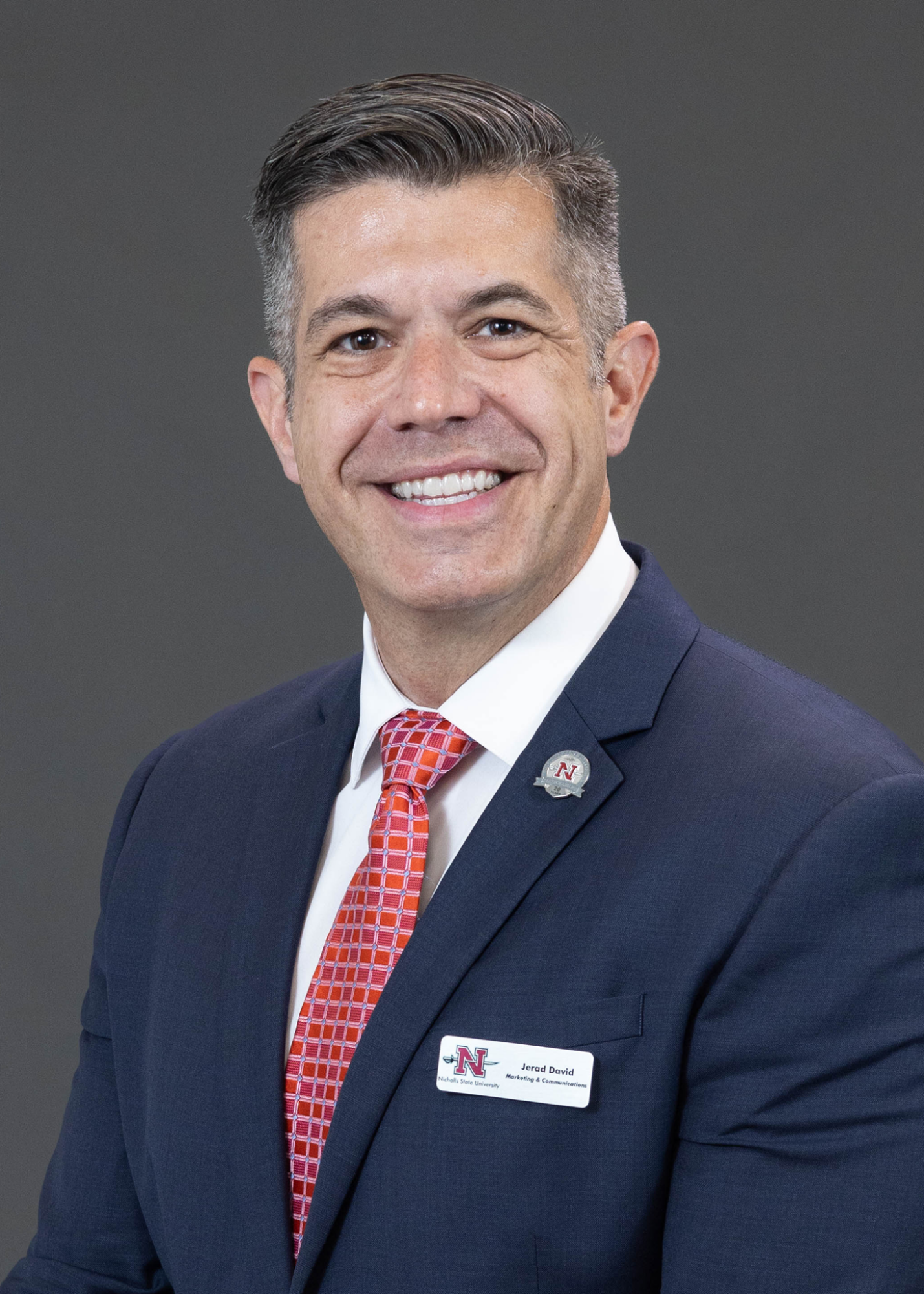
According to Jerad David, the director of communications and legislative affairs, CROWN was founded in 2018 to boost the retention of black non-athlete males on campus.
“We identified we were not retaining black non-athlete males,” David said. “So we started this organization in an effort to give them some sort of mentorship to help retain them and get them to their finish line; to earn their degree.”
He said this occurred at a time when the administration was very attuned to enrollment rates. They saw rate improvement as CROWN was developed, and the university decided Legacy Leaders would be created to assist in the retention of non-athlete women of color on campus.
David clarified that Legacy Leaders was built open to all women of color, as they saw the need for mentorship and retention across the board.
Both groups have been successful in accomplishing their goals according to the university’s standards.
In an effort to comply with the “Dear Colleague” letter and serve the campus community, David said the university plans to expand both of these organizations. CROWN will serve first-generation male students, whereas Legacy Leaders will serve all first-generation female students.
“When CROWN was created, around 70% of our incoming freshmen class were first-generation college students,” David said. “They didn’t have a parent to turn to and say, ‘What do I do to enroll? What’s orientation? What’s a book bundle fee?’”
He attributes the success of CROWN and Legacy Leaders to the high numbers of first-generation college students. The university’s data reveals that 56.8% of incoming freshmen in fall 2024 were first-generation college students.
David said the success of CROWN and Legacy Leaders showed the university an opportunity to acknowledge just how many students are first-generation and thus make changes in compliance with the “Dear Colleague” letter while also helping a population in need of mentorship.
He said the university believes this will not mute or affect the voices of students of color because inclusion is still a priority.
“The service, comradery and mentorship they get from those organizations is still going to be there,” David said. “It’s going to be a wider range of voices being heard and shared in that group. It’s really indicative of what a college campus should be.”
David emphasized dissolving DEI policies on campus will not affect anyone with disabilities, international students or other on-campus groups focused on diversity that are not university-funded.
His statement confirmed groups such as PRISM, Nicholls Black Student Union and American Association of University Women will not undergo changes at this time.
Michele Caruso, the vice president for student affairs, handles all student concerns including those related to diversity, equity and inclusion.
“Dr. Michele Caruso and President Jay Clune are very passionate about making students feel safe and heard,” David said. “I think if there is talk of there being anything other than that on campus I know that we will address that swiftly.”
David said he encourages students to reach out to Nicholls University counseling services and Caruso if they have any questions or concerns amid campus changes.
He emphasized the university desires for the students to feel safe physically and emotionally.
Student concerns can be voiced safely even through protests. The campus provides a process to request space to conduct a protest.
“We always honor that,” David said regarding protests.
Concerning deportations and the presence of ICE, David assured that it has not been an issue at all on Nicholls’ campus. According to David, they have not received a single call from ICE.
“I hope that in itself puts students more at ease knowing they are safe here,” David said.
On a conclusive note, David shared words of encouragement to all of Nicholls’ students in light of the dissolving of DEI.
“We are inherently a diverse population on our campus from a lot of different backgrounds. At the end of the day, we’re all Colonels here: we’re all a part of Nicholls’ family. We try our best to make sure everyone feels included and welcome here. If you don’t feel welcomed or included let us know, let us know how we can help you feel belonging here. We want you to feel that you belong.”


